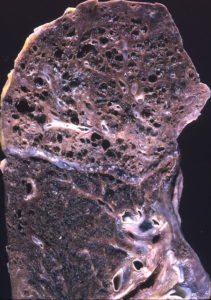3 min read
215 Views
Editorial Staff
Asthma Treatments
Asthma is a chronic condition in which the airways swell, narrow, and generate extra mucus. This could make breathing hard [...]
A
sthma is a chronic condition in which the airways swell, narrow, and generate extra mucus. This could make breathing hard and trigger wheezing, coughing, and shortness of breath. For some, the condition is a minor nuisance while for others, it's a major issue that disrupts daily activities and might result in a life-threatening attack.
While it's incurable, its symptoms are controllable. Since asthma frequently changes over time, it's imperative you work with your physician to track your symptoms and modify treatment accordingly.
Symptoms
The symptoms vary from one person to another. You might have infrequent attacks, have symptoms at certain times, for instance when exercising or exhibit symptoms constantly. Wheezing is the most common sign.
Other symptoms are shortness of breath, chronic coughing, chest pain or tightness, trouble sleeping because of wheezing or coughing.
Signs that asthma is worsening include:
- More regular and bothersome signs
- The need to use an inhaler more frequently
- Exercise-induced
- Occupational asthma
- Allergy-induced




